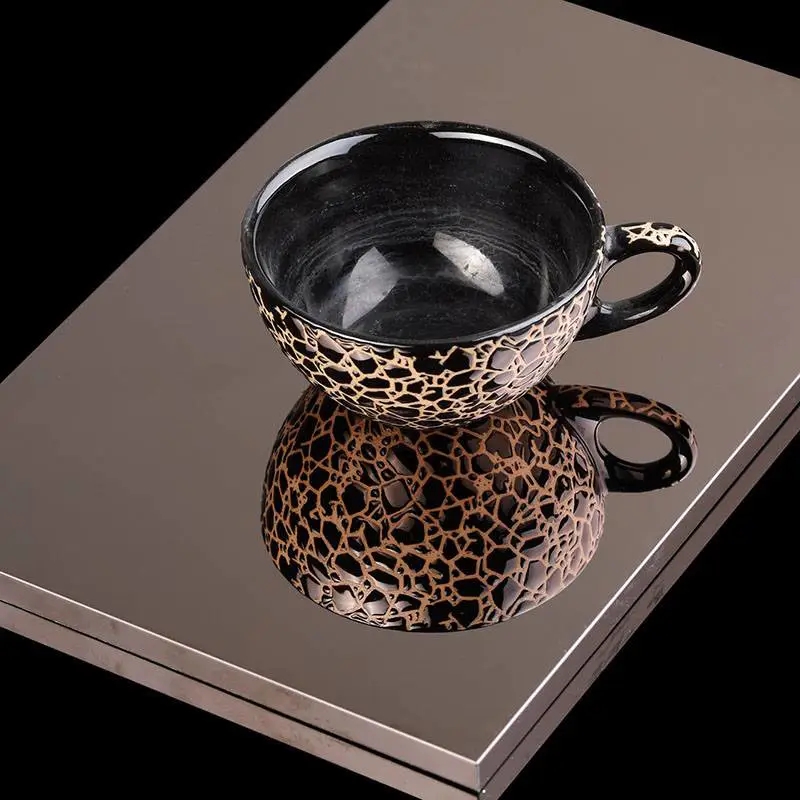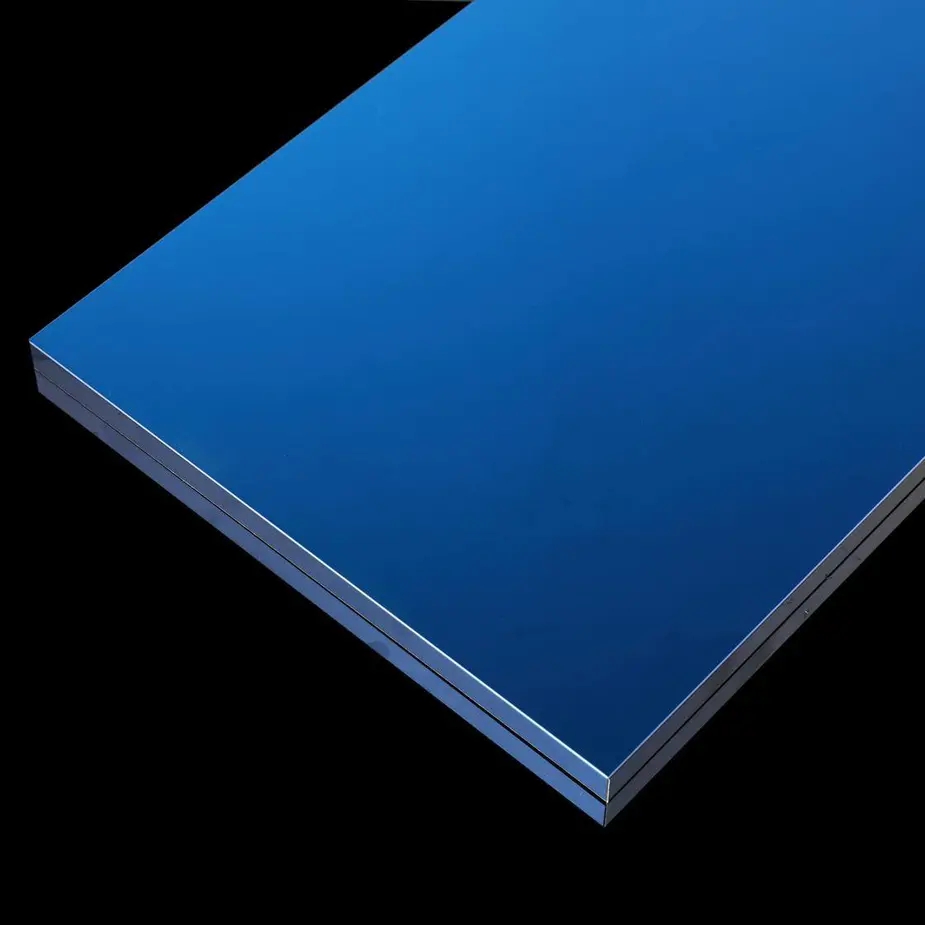Stainless steel is an iron-based alloy that has taken center stage in countless applications due to its formidable properties. Renowned for its robustness, resistance to corrosion, and sleek finish, stainless steel has become a staple in industries ranging from construction and automobile manufacturing to kitchenware and household appliances. This article delves into the intrinsic qualities of stainless steel, dispels common misconceptions regarding its interaction with water, and provides insights into its maintenance for enduring performance.
What Is Stainless Steel?
At its core, stainless steel is a fusion of iron with chromium, nickel, and a variety of other metals that enhance its natural strengths. The inclusion of chromium is pivotal—it contributes to the formation of a passive film on the surface, a shield that combats stains, rust, and corrosion. This protective layer is self-repairing; any damage typically rectifies itself as chromium in the steel reacts with oxygen in the air to reform the barrier.

Stainless Steel Coil Wholesale
Is Stainless Steel Waterproof?
The distinction between 'waterproof' and 'water-resistant' is critical when evaluating stainless steel. Waterproof materials offer complete protection against water penetration, whereas water-resistant materials can resist water ingress up to a certain level before succumbing to its effects.
By its very nature, stainless steel is water-resistant. The passive film provides a stalwart defense, keeping moisture at bay and safeguarding the metal beneath from rust and corrosion. Nonetheless, it's imperative to acknowledge that stainless steel's resistance is not absolute. Its Achilles' heel is prolonged exposure to harsh water conditions like seawater or chlorinated water, which can penetrate the passive layer and instigate pitting corrosion. Mechanical stresses, coupled with persistent moisture, can also challenge the integrity of stainless steel.

Maintenance and Precautions
To maximize the lifespan and efficacy of stainless steel in moist environments, it is vital to adopt appropriate maintenance strategies and preventative measures:
Regular Cleaning: Maintain the pristine condition of stainless steel by cleaning it regularly with gentle, non-abrasive cleaners. This practice is essential to remove contaminants that can accumulate and initiate corrosion.
Thorough Drying: Post-cleaning, it's crucial to dry stainless steel thoroughly to prevent water spots and potential corrosion. A soft cloth can be used to ensure all moisture, especially from nooks and crannies, is eliminated.
Avoiding Stagnant Water: Prevent prolonged contact with stagnant water. Ensuring adequate drainage can mitigate the risk of corrosion, particularly in areas prone to water pooling.
Chloride-rich Environments: In settings with elevated chloride levels, like coastal areas or pools, it's advisable to opt for higher-grade stainless steel, such as 316 or 316L, to bolster resistance against chloride-induced corrosion.
Protective Coatings: For added protection, consider applying a clear coating to create an impermeable barrier against environmental elements and moisture.

Conclusion
While stainless steel may not be entirely waterproof, its natural resistance to water makes it an invaluable material across various applications. For those seeking quality stainless steel products, XINGUANGYUAN stands out as a reliable supplier of stainless steel coils and a renowned manufacturer of stainless steel sheets in China. We invite you to reach out to us for your stainless steel needs.
FAQs
1. What are the best ways to clean stainless steel appliances?
To maintain the lustrous appearance of stainless steel appliances, it's best to use a soft cloth and mild detergent diluted in water. Wipe in the direction of the grain to prevent scratches, and rinse with clean water. For a streak-free shine, finish by drying with a soft towel or microfiber cloth. Avoid using abrasive cleaners or steel wool, which can damage the surface.
2. Is stainless steel magnetic, and what does that mean for my kitchen tools?
The magnetism of stainless steel varies depending on the specific alloy. Austenitic stainless steels, like the popular 304 and 316 grades, are typically non-magnetic due to their high nickel content. This means that your stainless steel cookware or kitchen tools may not stick to a magnet, which is a consideration if you use magnetic knife holders or other magnetic storage solutions.
3. Does stainless steel rust, and if so, how can I prevent it?
While stainless steel is highly resistant to rust, it is not completely rust-proof. Certain conditions, such as exposure to saltwater or chemicals, can lead to rust and corrosion. To prevent this, choose the appropriate grade of stainless steel for your environment (like 316L for marine applications), clean regularly to remove corrosive substances, and consider applying a protective coating for additional resistance.


